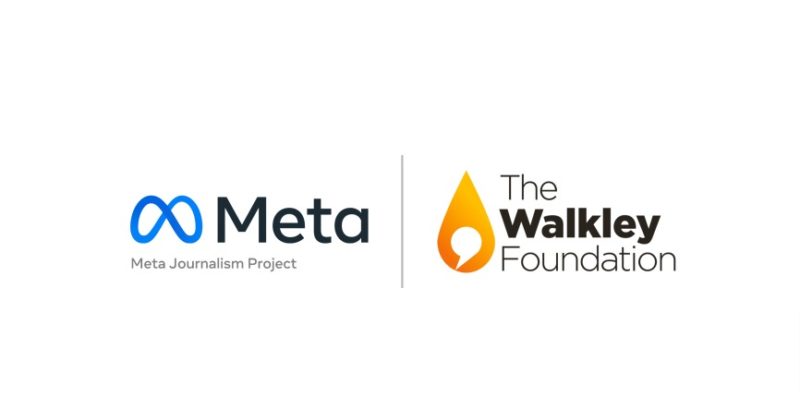Publishers baulk at outcome of Facebook Australian News Fund
Publishers have criticised the outcome of the Facebook Australian News Fund.
The Walkley Foundation managed the judging process independent of Meta, formerly Facebook. In total, 54 recipients received $5 million worth of funding.


